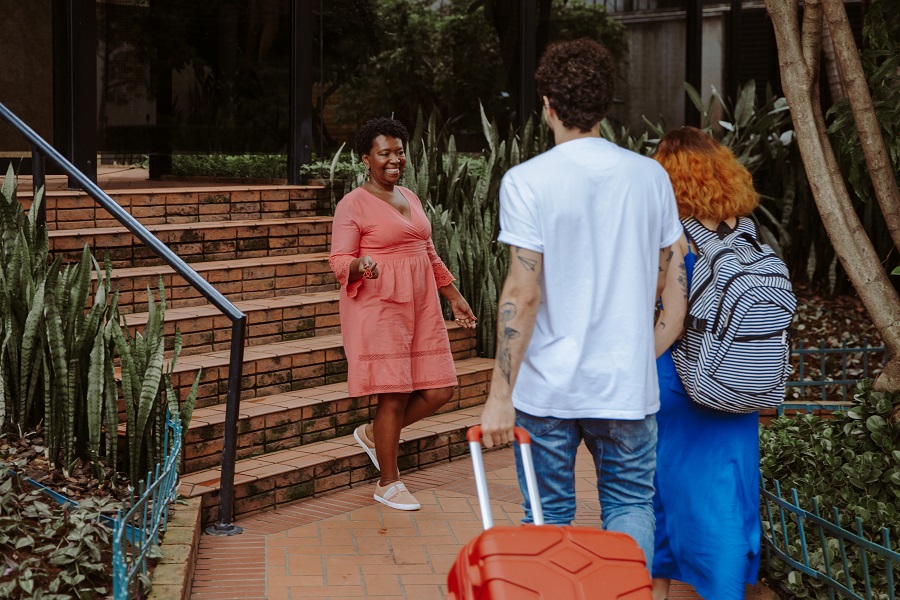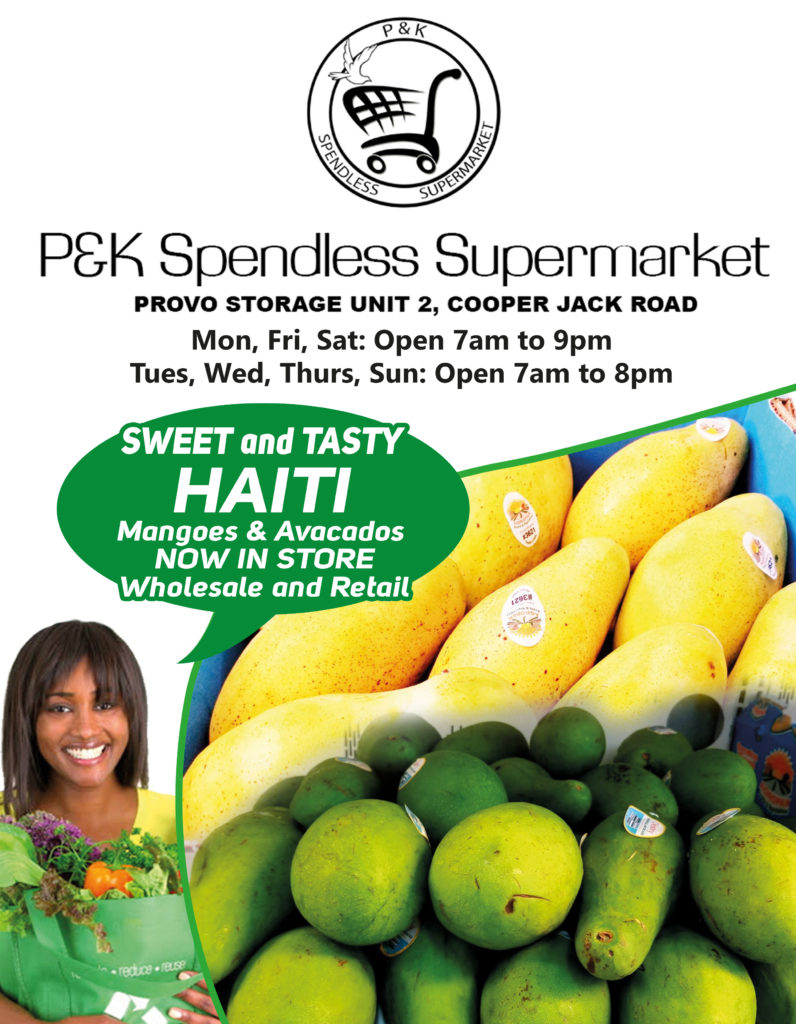#July 15, 2021 – Airbnb believes in sharing the company’s success with its stakeholders, including the communities the Hosts call home. That’s why Airbnb created the Community Fund to distribute $100 million over 10 years to organizations that are strengthening communities around the world, including $10 million distributed throughout 2021.
Today, Airbnb is excited to share the inaugural grant recipients of the Airbnb Community Fund, which include over 150 organizations from more than 40 countries and six continents. These organizations are working to meet unprecedented needs brought about by the pandemic, and focusing on this year’s themes: COVID-19 relief, economic empowerment, and education.
In Jamaica these organizations are: Jamaica Red Cross, Society for Scientific Advancement, United Way Jamaica. In Dominican Republic these organizations are: Community Foundation in Favor of Single Mothers and Young Unprotected Funcomas RNC, Fundación Grupo Puntacana and in Puerto Rico these organizations are: CMV Casa sin Fronteras, La Maraña, Programa de Educación Comunal de Entrega y Servicio, Inc.
Other recipients include the Mann Deshi Foundation in India, the Affordable Homeownership Foundation in the United States, Urban Refugees in France, and the India COVID-19 Relief Fund.
To determine how to direct these grants, Airbnb turned to its Host community. Airbnb’s Host Advisory Board, a group of exceptional Hosts who act as the voice of the Host community to Airbnb leaders, selected the grant focus areas and worked with Airbnb’s program partner, GlobalGiving, to compile a list of global organizations working to meet these needs. Members of Host Clubs around the world then voted on organizations they believed have the greatest impact in their regions.
“I really liked how the Community Fund process was shared between different groups – not just Airbnb, but also the Host Advisory Board, Community Leaders and other Hosts. We are all equally responsible for our Community. I feel honoured to be part of the process.” – Pascale Hasson, Host Advisory Board member from Bordeaux, France.
Grant recipients outlined the impact the funding will have for their organization.
“This fund will be used to help us to continue alleviating suffering in Jamaica. It will be used to help us in food distribution across the island to deal with the COVID19 induced hunger. We will also use it to distribute masks and sanitizers to local communities. The Funds will also be used for providing psychosocial support to various communities across the island”. Commented Kathlene Arnold from Jamaica Red Cross Society, Jamaica.
“COVID-19 has exacerbated food insecurity. Daily Bread’s member agency network is seeing over 105,000 food bank visits per month across the city of Toronto – 50% increase compared to the year prior. Airbnb’s donation will help to ensure that more than 15,000 people can access a supply of fresh produce, dairy, proteins, and shelf-stable groceries. It will also help us build new emergency response programs, such as meal delivery services, so that individuals impacted by COVID-19 – especially seniors or those experiencing isolation – can safely access the food they need.” – Patricia Feehely, Daily Bread Food Bank, ON, Canada
“The National Coalition for the Homeless (NCH) is so honored to receive the generous gift from Airbnb. NCH is a beacon of hope for those that are experiencing homelessness. We can only remain a beacon with the help of amazing companies like Airbnb. We thank you for your willingness to help us Bring America Home.” – Donald H. Whitehead Jr., National Coalition for the Homeless, United States.
“This funding will allow 300 entrepreneurs in Mexico to receive the training and support necessary to rescue, strengthen or boost their microenterprises, given the current economic situation derived from the pandemic. They may choose to focus on transforming their business models towards digital. Others could prefer to improve their sales and customer service strategies. And some may decide to finally launch that business idea that they long for and achieve self-employment. Regardless of which path they wish to take, we will accompany them and get ahead of this crisis.” – Patricia Larios, Fundacion ProEmpleo Productivo A.C., Mexico.
“This additional funding will allow us to go further in collecting evidence on the impact of strengthening the capacity of Refugee-Led Organisations (RLOs), to support our advocacy work. It will enable us to dedicate time to revising and enhancing our monitoring, evaluation and learning framework, and to involve Refugee-Led Organisations in this process as part of our capacity-building work. This framework will aim to inform international humanitarian actors and funders on indicators of localization and self-reliance of refugees, and to advocate for further efforts towards those objectives.” – Alix Devillers, Urban Refugees, France
“What will the additional funding mean for the Affordable Homeownership Foundation? We will be able to help more Veterans, Disabled individuals and Seniors in need, and the donation will allow us to expand our North Carolina efforts to house homeless Veterans. We are so excited, again thank you!” – Lois Healy, Affordable Homeownership Foundation, Inc., United States
In addition to this process, Airbnb will direct grant awards to additional organizations they believe play an important role in communities around the world and Airbnb looks forward to sharing more later this year. To learn more about the Community Fund and the grant recipients, you can visit the Airbnb Community Fund page.


 Caribbean News7 days ago
Caribbean News7 days ago
 Caribbean News7 days ago
Caribbean News7 days ago
 Caribbean News1 week ago
Caribbean News1 week ago
 Caribbean News7 days ago
Caribbean News7 days ago
 Bahamas News7 days ago
Bahamas News7 days ago
 News7 days ago
News7 days ago
 Bahamas News1 week ago
Bahamas News1 week ago
 News7 days ago
News7 days ago











